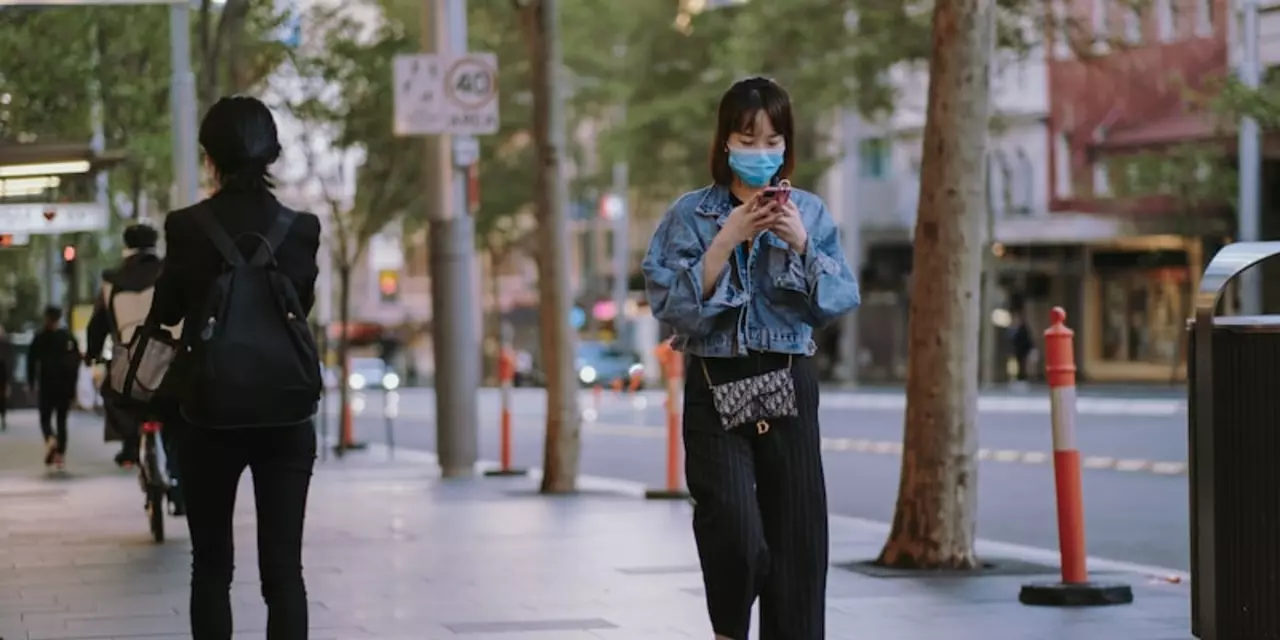Economic Distress in India – What It Means and How to Deal With It
Economic distress isn’t a fancy term – it’s the real‑life pressure people feel when money runs thin. Bills pile up, jobs disappear, and basic needs become hard to meet. If you or someone you know is stuck in this cycle, you’re not alone, and there are concrete ways to get back on track.
Common Causes of Economic Distress
First, let’s look at why many families slide into hardship. A major cause is job loss or irregular work, especially in the informal sector where contracts are short and benefits are scarce. When a daily‑wage earner stops getting work, the ripple effect hits food, education, and health expenses.
Inflation is another silent offender. Prices for essentials – rice, vegetables, fuel – keep climbing, while wages often stay flat. This squeezes household budgets and pushes even modest earners toward debt.
Natural disasters and health emergencies can wipe out savings in an instant. A flood or a sudden illness forces families to borrow money, sometimes at high interest rates, creating a debt trap that’s hard to escape.
Lastly, lack of awareness about government assistance leaves many eligible people without support. Programs like the Public Distribution System (PDS) or direct cash transfers exist, but navigating the paperwork can be confusing.
What You Can Do: Getting Support
Now, the useful part – steps you can take right now. If you’re worried about food security, start by checking your ration card status online. Most states let you do this through the NFSA portal, state PDS sites, or the Mera Ration app on UMANG. You’ll need your Aadhaar for e‑KYC, then you can see if your card is active, pending, or rejected.
If your status is pending, gather the required documents – proof of residence, income certificate, and Aadhaar – and submit them digitally. Many Common Service Centres (CSCs) also offer hands‑on help if the online route trips you up.
Beyond food, explore cash‑transfer schemes like PM‑Kisan or Pradhan Mantri Jan Dhan Yojana. These programs drop money directly into your bank account, bypassing middlemen. Signing up is usually a one‑time process; you’ll need a bank account, Aadhaar, and a mobile number.
For debt relief, check out micro‑finance institutions that offer low‑interest loans for small businesses. Some NGOs also provide interest‑free credit for emergencies. Always compare terms before signing anything.
If you’re looking for skill upgrades, many state governments run free vocational training under schemes like Skill India. Completing a short course can boost your employability and open doors to better‑paying jobs.
Remember, the first step is to gather information. Talk to your local Panchayat office, visit a nearby CSC, or call the helpline listed on the NFSA portal. A clear picture of what benefits you qualify for makes the whole process smoother.
Economic distress can feel overwhelming, but with the right tools and a bit of persistence, you can tap into the safety nets already in place. Stay proactive, keep track of paperwork, and don’t hesitate to ask for help – the system works best when you use it.
Posted by
Arvind Suryavanshi
0 Comments

The Covid-19 pandemic has affected people across the world, and India is no exception. A number of restrictions have been imposed to curb the spread of the virus, which has resulted in economic distress for many people. To help traders make up for some of the losses, the government has allowed relaxation of some of the restrictions during the festival of Bakrid. This will facilitate people to buy and sell items, and help traders conduct business.
read more